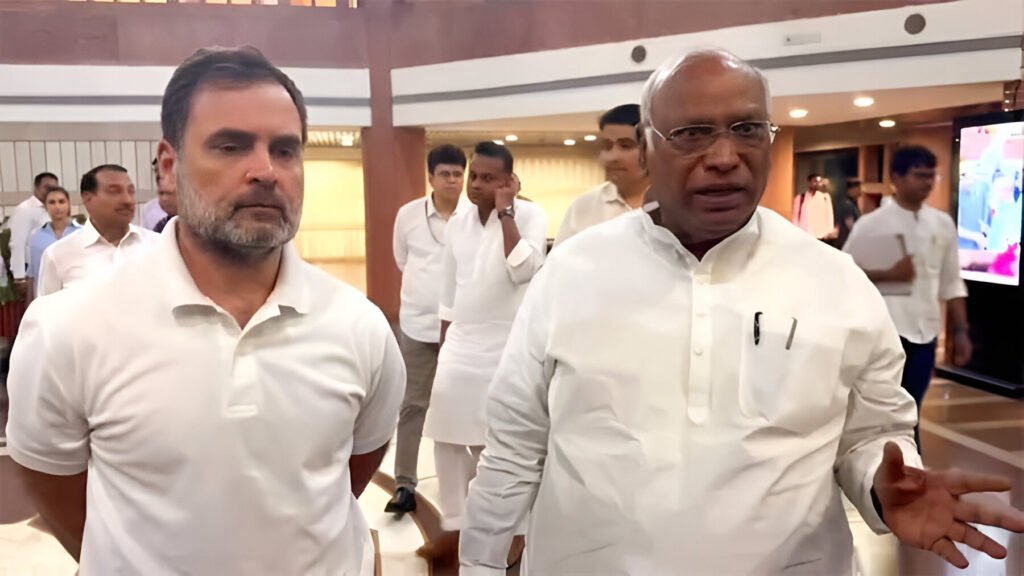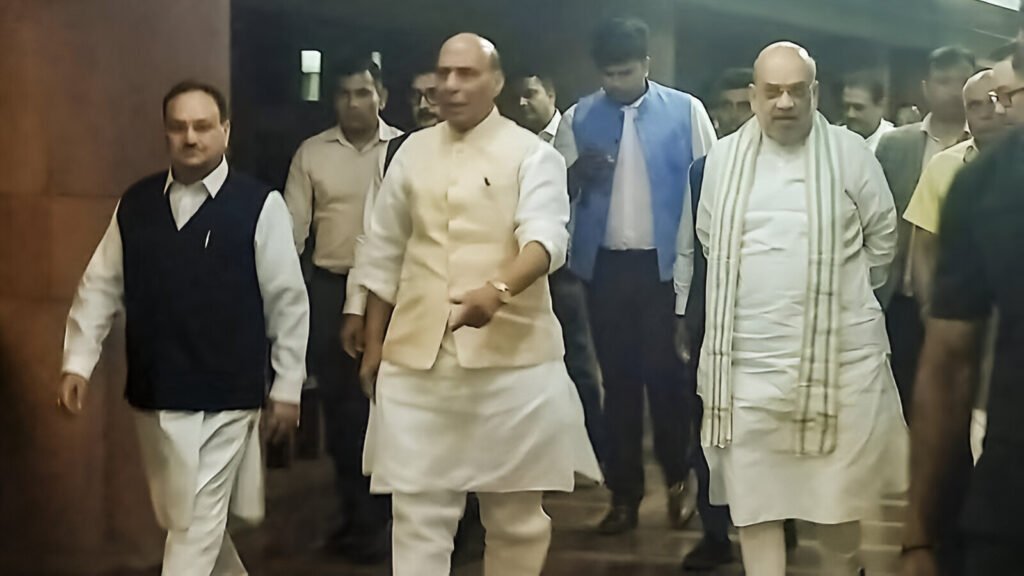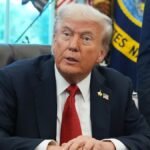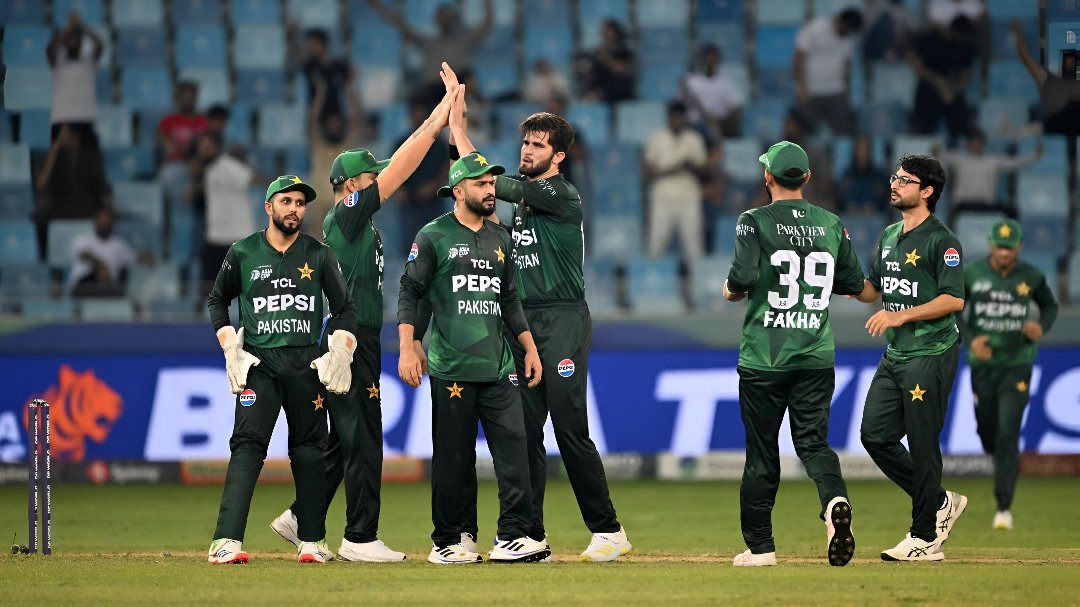
In a rare display of political consensus that transcends party lines, leaders from across India’s political spectrum gathered Thursday to back decisive action against terrorism following the devastating Pahalgam attack. The gathering ended with one thing clear: while India’s democracy celebrates political plurality and disagreement, the country unites as one when it faces threats to its security and citizens.
While India weighs its reaction to this new attack, this unusual bout of political solidarity is a warning to perpetrators that terrorism will have a united and firm national reaction beyond the divides of political persuasion and regional interest. This convergence of political rivals underscored the national security imperative that supersedes partisan politics.
“All political parties are standing with the government in this fight against terrorism,” Parliamentary Affairs Minister Kiren Rijiju told reporters after the meeting. “In such times, the entire nation must stay united; this was the message conveyed by everyone.”
Defense Minister Singh led the way, calling the attack “deeply tragic” while reiterating the government’s unyielding “zero tolerance” approach to terrorism. The moment of silence at the beginning of the meeting to honor the victims was a poignant reminder of the toll such violence takes on human life.
Critical Security Lapses Identified
Most alarming, however, were the security breaches noted during Intelligence Bureau Director Tapan Deka’s thorough presentation. Deka presented sketches of terror suspects and charted the course of security woes in the Valley from 2004, raising a key slip-up: the tourist destination at Pahalgam—normally opened in June for the bi-annual Amarnath Yatra—had been accessed early by private tour operators since April 20 without intimation to local authorities.
This exposé led to blunt questioning by opposition leaders. “Why were no troops deployed at the tourist resort in Pahalgam?” Rahul Gandhi demanded. Government officials conceded the worry, agreeing that an inquiry into these security lapses is already in process.

Pakistan’s Role and India’s Options
High-ranking officials in the meeting drew attention to Pakistan’s efforts at reviving terror leadership in Pakistan-occupied Kashmir after India had successfully taken out a number of top operatives. “We have neutralized such splinter groups in the past, but Pakistan is now working to revive leadership in the region,” noted one official present at the meeting.
Certain leaders encouraged more aggressive actions beyond typical reactions. AIMIM leader Asaduddin Owaisi proposed, “International law allows us to undertake an air and naval blockade as self-defense and impose sanctions against Pakistan for abetting terrorism.”
Regardless of differing views in terms of strategic tactics, Gandhi subsequently reiterated the opposition’s support in full: “All parties condemned the attack, and the opposition has given full support to the government to take any action.”
A Coalition of Unity Forward
The conference illustrated how concerns about national security can momentarily bring together India’s frequently contentious political fault lines. Attendees included Supriya Sule, YSRCP’s Midhun Reddy, Praful Patel, Sasmit Patra of BJD, Lavu Sri Krishna Devarayalu of TDP, Shiv Sena’s Shrikant Shinde, and AAP’s Sanjay Singh—all representing a wide range of national and regional interests.
Officials reassured attendees that arrangements for the upcoming Amarnath Yatra remain secure despite these challenges. The gathering ended with one thing clear: while India’s democracy celebrates political plurality and disagreement, the country unites as one when it faces threats to its security and citizens.
While India weighs its reaction to this new attack, this unusual bout of political solidarity is a warning to perpetrators that terrorism will have a united and firm national reaction beyond the divides of political persuasion and regional interest.







